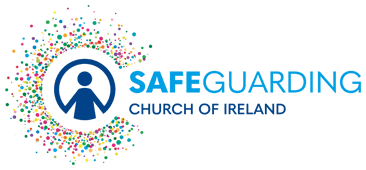NI Adult Safeguarding
SECTION B: Context
Legislation
Unlike Child Protection, Adult Safeguarding does not have a single piece of legislation under which there are statutory responsibilities on agencies to respond to concerns of abuse.
Statutory intervention in relation to adults is complex and professional decision making regarding the most appropriate piece of legislation to apply to a situation is required to be made by statutory services such as Health and Social Care Trusts (HSC Trusts) and the Police Service Northern Ireland (PSNI).
As with safeguarding children the Church of Ireland must ensure compliance with Safeguarding Vulnerable Groups (NI) (2007) legislation. This places a responsibility on the parishes to complete criminal records checks.
Regional Policy
The aim of the Adult Safeguarding: Prevention and Protection in Partnership Policy (NI) (2015) is to improve safeguarding arrangements for adults who are at risk of harm from abuse, exploitation or neglect. This policy has been jointly developed and published by the Department of Health, Social Services and Public Safety (DHSSPS) and the Department of Justice (DOJ) on behalf of the Northern Ireland Executive. It sets out how the Northern Ireland Executive intends adult safeguarding to be taken forward across all Government Departments and their agencies and in partnership with voluntary, community, independent and faith organisations. A key message is to promote a culture where safeguarding is everyone’s business.
A key objective of the Adult Safeguarding: Prevention and Protection in Partnership Policy (NI) (2015) is to: promote safer communities for adults to live in and safer organisations for them to be actively part of. The more socially isolated people are the greater the risk of harm arising from abuse, exploitation or neglect. The creation of safer communities for all adults is the responsibility of central and local government; of statutory sector service providers; and of voluntary, community, independent and faith sector providers. Local communities, neighbours and citizens also have a key role to play. (Section 8.1 p. 21)
It is widely recognised that effective safeguarding requires statutory, independent and community and voluntary organisations to work in partnership to prevent harm from occurring where possible and, where appropriate, support individuals to keep themselves safe from harm, abuse, exploitation or neglect. The ministries of the Church provide a unique and privileged position both in signposting people to specialist resources and support and also to offer pastoral support to adults who may be at risk of harm or abuse. Therefore, it is important that those involved in ministry are aware of how they should respond in situations where they become aware of adult safeguarding issues.

